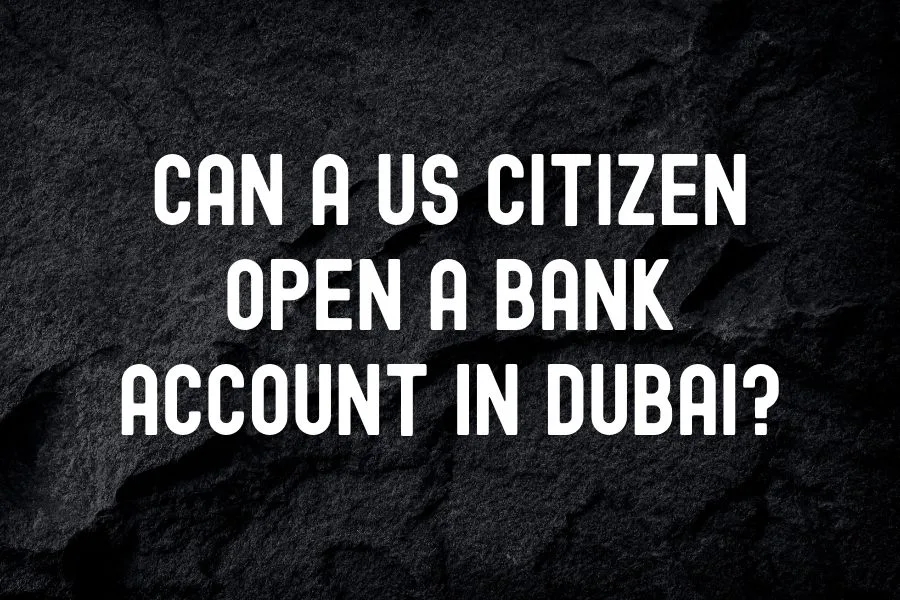1) Dubai banking at a glance
Retail banks operating in Dubai are licensed and supervised by the Central Bank of the UAE (CBUAE). Within the Dubai International Financial Centre (DIFC), firms are regulated by the Dubai Financial Services Authority (DFSA)—this matters mainly for investment and wholesale services.
The UAE uses the dirham (AED). The CBUAE maintains the stability of the AED’s peg to the US dollar, which is why interest-rate moves often mirror the US Federal Reserve. See CBUAE’s Domestic Market Operations page for the official line on the peg.
2) Account types
Current (checking) accounts
Designed for day-to-day spending, salary deposits, and bill payments. Typically include a debit card and may offer a chequebook. Some products require a salary transfer or a minimum monthly incoming amount.
Savings accounts
Pay interest (or “expected profit” at Islamic banks) and may limit free transactions. Many banks allow multi-currency savings.
Islamic (Sharia-compliant) accounts
Very common in the UAE and supervised under CBUAE’s Islamic finance framework. Profit is paid via Sharia-compliant contracts rather than interest. Learn more on the CBUAE’s Islamic Finance pages.
Non-resident options
Non-residents can usually open savings accounts with additional documentation and stricter due diligence. Current accounts typically require residency. Always check the bank’s latest policy before applying.
3) Eligibility & required documents
Exact requirements vary by bank, but the UAE government lists standard documents for citizens and residents:
- Passport copy (and valid residence visa for residents)
- Emirates ID copy (for residents)
- Salary certificate or a no-objection letter (from employer/sponsor)
- Proof of address (e.g., tenancy contract or utility bill) may be requested
See the official guidance: Opening a bank account (u.ae). Non-resident processes can include extra checks and bank statements from your home country; timelines are often longer than for residents.
4) Step-by-step: opening an account
- Choose a bank & product: Compare current vs savings, conventional vs Islamic, and minimum balance rules.
- Apply: Online or in-branch. Digital onboarding is common for residents with Emirates ID.
- KYC & compliance: Be ready for identity verification, source-of-funds questions, and document checks (AML/CFT).
- Initial funding: Some banks require a first deposit; funds may be blocked until checks are complete.
- Activate & set up: Mobile app, online banking, debit card, e-statements, alerts, and salary transfer (if applicable).
5) Digital-only banks (Liv & Mashreq Neo)
Liv (by Emirates NBD): A mobile-first bank with instant account opening for eligible residents via Emirates ID, multi-currency products, and app-based money management. See Liv – Open an account.
Mashreq Neo: Fully digital current/savings accounts with fast onboarding, salary-linked perks, and international transfers via the app. See Mashreq Neo Accounts and Neo Current Account.
6) Payments, IBAN, and transfers
The UAE uses the IBAN system for domestic and international payments. IBAN has been mandatory for electronic payments since 2012, and your bank will provide your IBAN for each account you hold. See the government explainer: IBAN in the UAE and the CBUAE’s IBAN page.
Local transfers
Most banks offer low-cost or free local transfers through their apps. Expect instant or same-day processing for many transactions.
International transfers
SWIFT transfers are standard. Compare fees and exchange-rate margins across banks and consider using multi-currency features if offered.
7) Fees & minimum balances
Minimum balance rules and monthly fees vary widely by bank and product. Many accounts waive fees with a salary transfer or by maintaining a threshold balance. Check the schedule of charges on the bank’s website. Example: Emirates NBD – Accounts.
8) Security & consumer protection
All licensed banks must follow the CBUAE Consumer Protection Regulation & Standards, which cover transparency, fair treatment, data protection, complaint handling, and more. Official release: CBUAE press release and the Rulebook standards.
Within DIFC, the DFSA also maintains consumer resources and registers for regulated firms—useful when you are dealing with investment services: DFSA Consumer.
9) Quick FAQ
Can I open an account before getting my residence visa?
Digital onboarding for current accounts usually requires Emirates ID/residency. Some banks allow non-resident savings accounts with extra checks and longer timelines. Always confirm the latest policy with the bank.
Do Islamic banks work differently for daily banking?
Day-to-day usage feels similar (debit card, app, transfers). The difference is contractual: returns are paid as expected profit via Sharia-compliant structures rather than interest.
Why do UAE rates track the US?
Because the dirham is pegged to the US dollar; maintaining the peg often means mirroring US rate moves.
10) Handy checklist
- Pick a bank & product (current vs savings; conventional vs Islamic).
- Prepare documents: passport, visa, Emirates ID (residents), salary certificate/NOC, address proof.
- Apply via app or branch; complete KYC.
- Fund the account and activate your card + mobile app.
- Collect your IBAN; set salary transfer (if needed) and billers.
- Review fees/minimum balance and enable alerts & e-statements.
Useful official links
- UAE Government – Opening a bank account
- CBUAE – IBAN | AED peg & operations | Consumer Protection Standards
- DFSA – About the regulator | Consumer resources
- Emirates NBD – Accounts & minimum balance info
- Liv (Emirates NBD) – Open an account
- Mashreq Neo – Accounts | Neo Current Account


